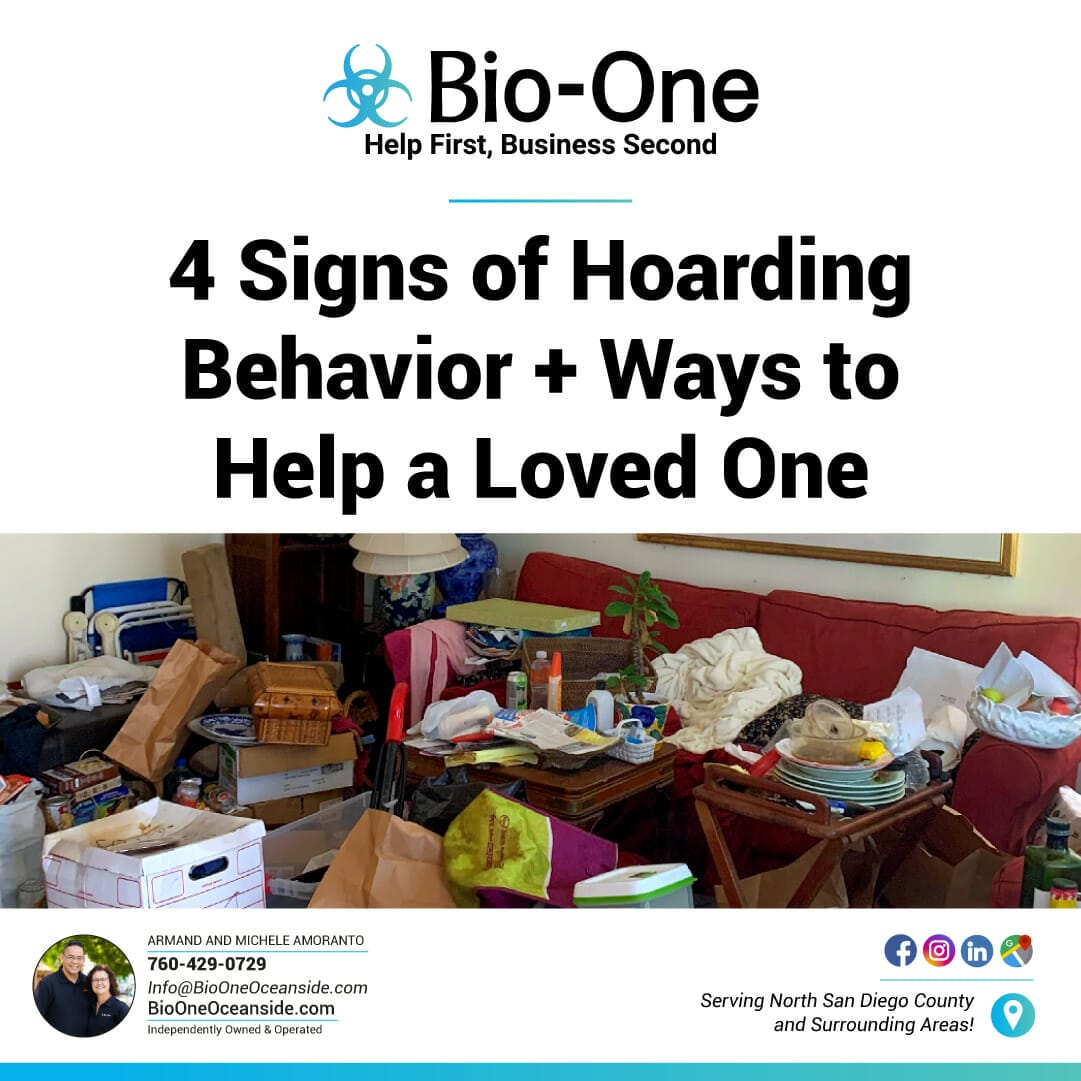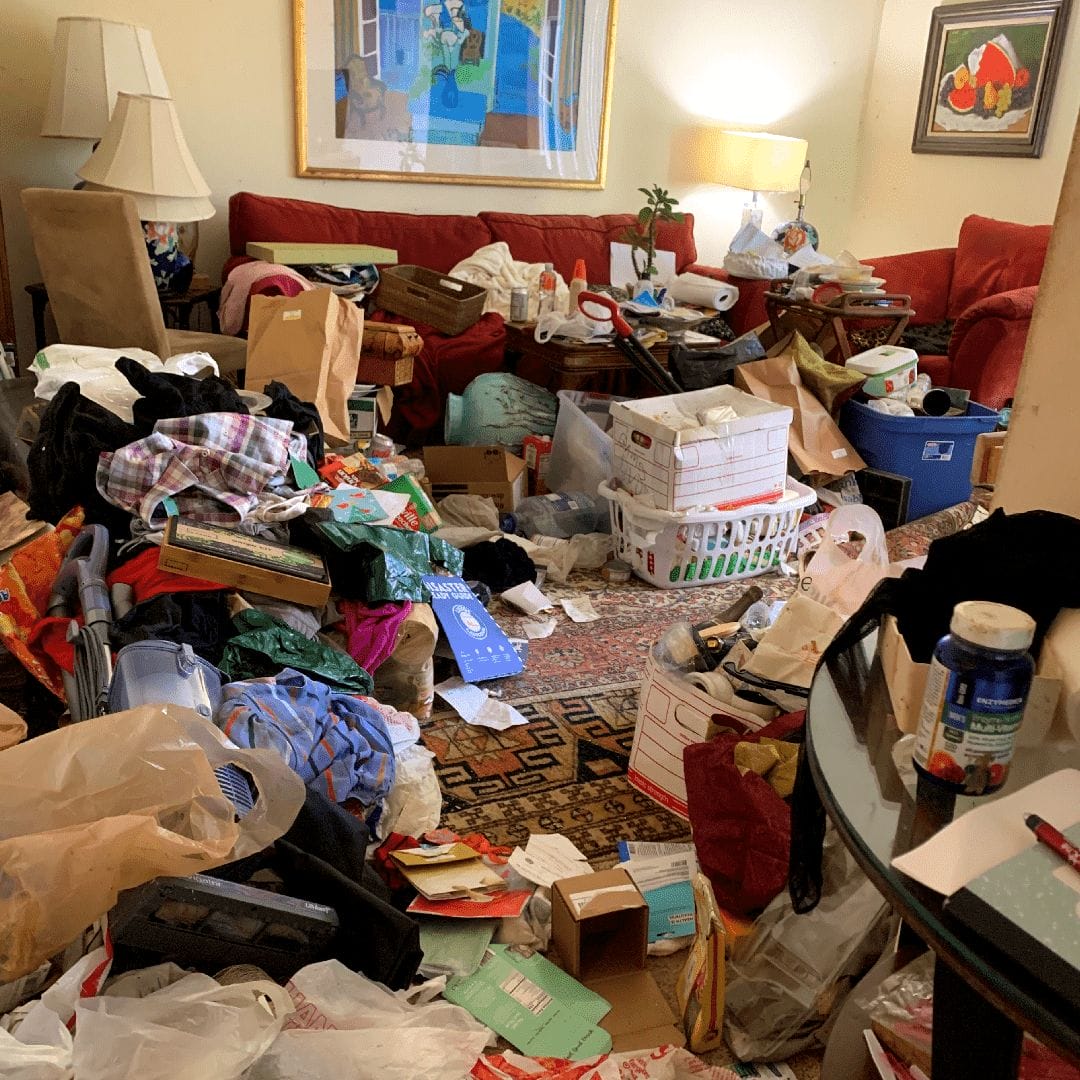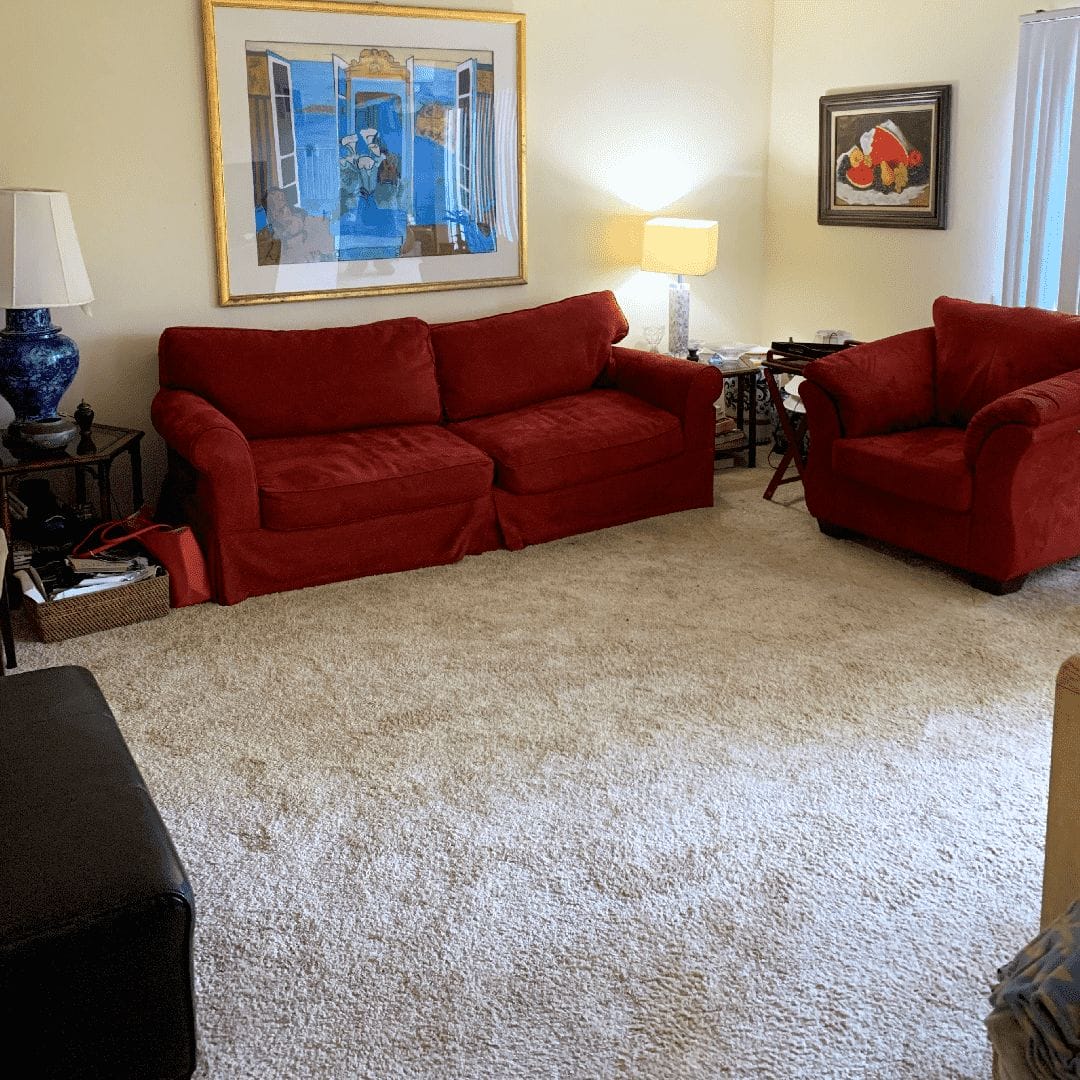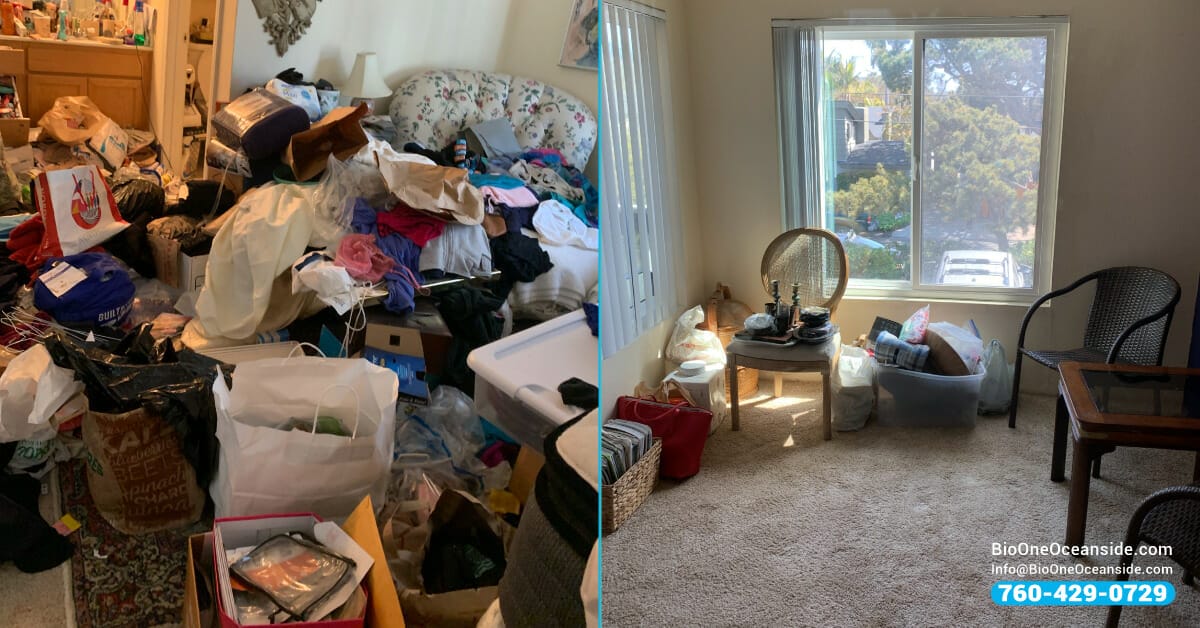
We all love to collect possessions that are special to us, but there is a fine line between accumulating and hoarding. While not everyone is aware of the signs of hoarding behavior, it actually affects people from all walks of life. The condition is often associated with Obsessive-compulsive Disorder, but it can also be a standalone issue, as they often feel deeply attached to their possessions, to the point where they may struggle to part with anything.
While this behavior may seem harmless, it can quickly spiral out of control, leading to dangerous living conditions, mental health issues, and physical harm. In this blog post, we'll explore the top four signs of hoarding behavior and share ways to help your loved one overcome this condition.

Cluttered Spaces
Living spaces filled to the brim with objects and clutter are one of the most obvious signs of hoarding behavior. Hoarders will typically accumulate items they believe have some significance, and they can go from storage bins, papers, and clothing, to other items. Rooms and closets may be difficult to navigate. In more severe cases, individuals may even turn to stacked items in hallways and staircases to make space for more possessions.
Extreme Difficulty Throwing Away Items
Individuals struggling with hoarding often attach an emotional connection to the item, which naturally results in fear of throwing things away. They believe that every object has a purpose or sentimental value, making it challenging to discard things even if they are broken or unusable. This difficulty in letting go can extend to items that most people would consider trash.
Social Isolation
Those with hoarding behaviors often feel intense shame and embarrassment about their living conditions, which often leads to feelings of isolation. They may avoid having people over, and they may even stop inviting others to their homes. Common signs of hoarding behavior may also include a struggle with relationships due to the overwhelming nature of their possessions and fear of judgment from others.
Emotional Distress
Hoarding causes emotional distress, resulting in anxiety and depression. Individuals may become overwhelmed by their living conditions and feel hopeless about how to change them. They may also experience intense feelings of guilt for not being able to get rid of items or keep up with their responsibilities.

Tips for Helping a Loved One with Hoarding
If you have a loved one struggling with hoarding, knowing how to support them without causing distress might be daunting. It's crucial to approach this sensitive topic with patience:
Be respectful and non-judgmental
It's essential to understand that hoarding is a disorder and not a choice. Avoid shaming or blaming your loved one for their behavior, as this can exacerbate feelings of guilt and shame.
Educate yourself on Hoarding Disorder
Taking the time to learn about Hoarding Disorder can help you better understand what your loved one is going through. It can also help you develop a more empathetic and informed approach when offering support.
Encourage seeking professional help
Hoarding is a mental health condition that often requires professional treatment. Encourage your loved one to seek therapy or join a support group specifically for Hoarding Disorder.
Offer practical assistance
Individuals with hoarding behavior may struggle with daily tasks such as cleaning, organizing, or getting rid of items. Offer to help them with these tasks, but be respectful and non-intrusive in your approach.
Practice healthy boundaries
Respecting individual, and personal boundaries is necessary for a helpful approach. It's not about helping them let go of all their belongings right away. Rather, it’s about suggesting steps that can be taken, one at a time, to avoid overwhelming the individual.

Bio-One of Oceanside is Ready to Help
With support, compassion, and patience, your loved one can overcome this powerful urge to attach a deep emotional connection to their belongings. Remember to be gentle, supportive, and patient when handling hoarding.
Most of the time, professional help is needed for those living in a hoarding situation. Bio-One of Oceanside is a Mental Health First Aid certified company, with teams skilled in providing services to those in the communities we serve. We partner with mental health professionals and strive to offer the best hoarding cleanup and biohazard remediation services with compassion, empathy, and understanding! Contact us today and let us help you or your loved one.


